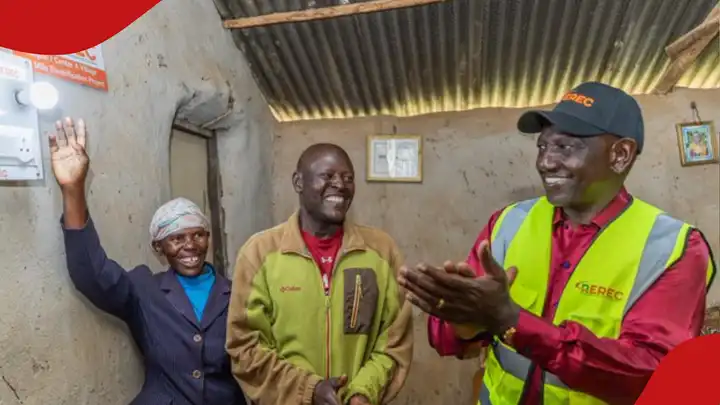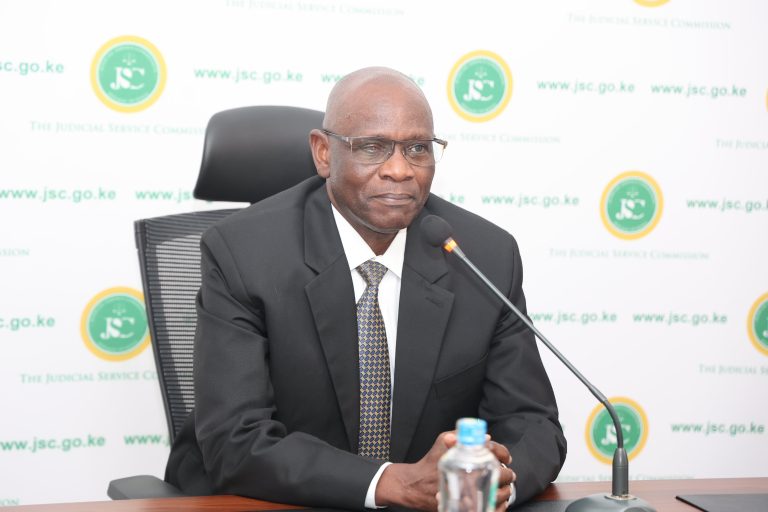Due to a decreased supply, Kenya Power and Lighting Company (KPLC) has started rationing electricity. Kenya is now more dependent on Ethiopia and Uganda for its energy requirements. President William Ruto explained that Kenya Power has been forced to cut off electrical supplies to several areas between 5:00pm and 10:00pm as the nation struggles with high demand that outpaces supply. “In Kenya, load shedding is required between 5:00pm and 10:00pm. Because we don’t have enough energy, we have to turn off the power in certain places to power others,” Ruto said during the United Nations Second World Summit for Social Development in Doha, Qatar.
Why is Kenya facing electricity disruptions? Rising demand is putting tremendous strain on Kenya’s electrical sources. Kenya’s reliance on Ethiopia for electricity has increased as a result, with imports rising from 337 million kWh in 2022 to 1.53 billion kWh in the year ending June. When supply is less than demand, electricity is rationed to avoid system overloads and nationwide blackouts. A block on new power purchase agreements (PPAs) has made the energy problems worse by preventing Kenya Power from adding more producers to the grid to provide clean and affordable electricity. President William Ruto flags off the last-mile electricity project in Bungoma.
Since 2018, Kenya Power has not signed any new PPAs due to a moratorium put in place by the Cabinet and then extended by Parliament. Kenya is now in a position where local generation is not keeping up with the rise in demand. The suspension of new PPAs was done to scrutinise the existing deals in response to worries that Kenya Power was consigned to costly agreements with electricity producers, ultimately depriving customers of cheaper electricity. What was the value of electricity imports? Up from 4.87% in June 2023 and 1% in 2021, imports made up 10.6%, or 1.53 billion units, of the 14.38 billion units Kenya Power purchased in the year ending June 2025. Besides decreased supply, an aged infrastructure has led to power rationing in an effort to keep the system from collapsing when demand spikes. As a temporary solution to lower the electrical load and maintain system stability during spikes in demand, the Ministry of Energy announced plans to ration electricity, particularly in western Kenya, starting in September 2024.
By Japhet Ruto













